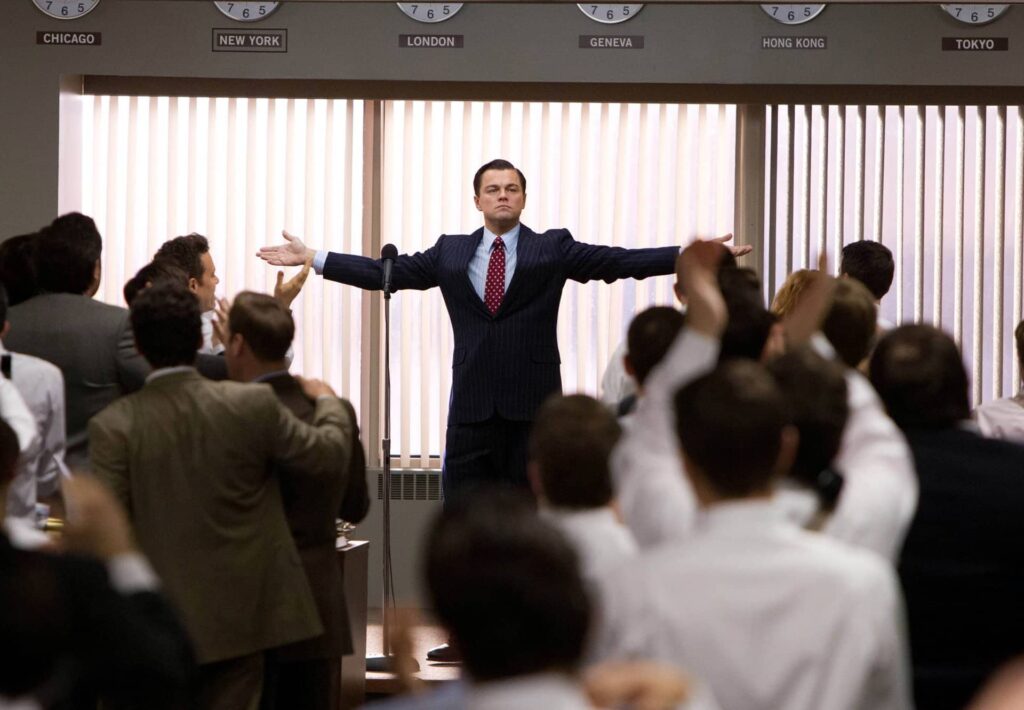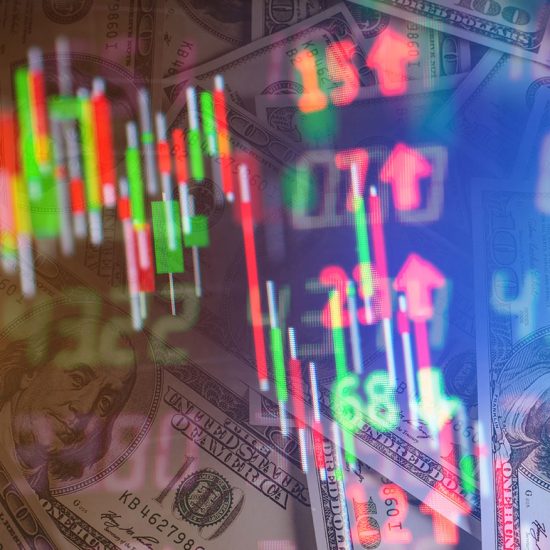Martin Scorsese plays his magic as a filmmaker yet again! With ‘The Wolf Of Wall Street’, it looks like he went to several extremes to bring the best possible outcome for a dark, yet humorous film. The 2013 film became one of Scorsese’s highest-selling films at the box office, grossing $392 million throughout the world. ‘The Wolf of Wall Street’ is an unusual combination of the high-strung life of Wall Street and the crooked face of corruption.
This Leonardo DiCaprio starred film is known for its debauched lifestyle amid Wall Street. The world of stockbroking is described in an unglorified form with an extreme portrayal of sexuality, drug use, and corruption. Scorsese has tried his best to depict the comeuppance of a sinful stockbroker who attempted to make a fortune among the illuminated structures of Wall Street.
The film, which brilliantly outlines Jordan Belfort’s true story, tends to manage and grab his remorse-filled ending. But this could be Scorsese attempting to add a dash of religious repentance in a sheep that went astray (Belfort).
In my opinion, the film attempts to depict the metamorphosis of a wolf into a sheep. The fierce, royal quality of a rich stockbroker ultimately transforms into a meek educationalist, trying to live by sharing his knowledge. The character of Belfort goes through several stages of a life filled with the highs and lows of substances, dollars, and the ladies.
His initial gains led him to believe that money is what gives him happiness. Inebriated by the pool of money he had accumulated, he failed to see the peril awaiting him. His insatiable appetite for the hard-core pleasures of life blinded him with temporary euphoria.
Man is a hedonistic being and the character of Belfort is a definition for the same. His wild capitalistic ideas make him the ‘Wolf of Wall Street’ and so, becomes a hard-to-sell persona. Scorsese takes this risk on the protagonist who is conventionally expected to be a likable character. This way, we ride through a three-hour-long roller coaster of humor, discomfort, excitement, annoyance, surprise, awe, and more.
Source – Film Affinity
A lifetime of crime and a minimal prison time seems like an awkward attempt to suggest that the protagonist has reformed. The ending is more like a “giving the audience what they want” type of story. Yet, not all is well as Belfort loses all of his money, efforts, as well as his family.
Most importantly, the film makes us think about certain things like whether or not we should envy, berate, criticize, or celebrate the character of the ‘Wolf Of Wall Street’. Perhaps Scorsese’s whole idea was to induce critical thoughts among the audience with the thrills and charms, tragedy, and comedy of his films, as is the norm. DiCaprio completely absorbed the nature of his character and unquestionably executed it to perfection. It’s no wonder that the film won multiple Academy Awards and the Golden Globe.
The ‘Wolf of Wall Street’ also becomes an apt representation of society. Corruption not only exists among stockbrokers but also exists in many other fields like politics, business, finance, media, etc. We live in a world where committing fraud has become so common, that it is ignored most of the time. This message adds a satirical edge to the film, which Scorsese is effortlessly capable of.
‘The Wolf of Wall Street’ is a film that came out to be a bit more Scorsesean than we could have expected.
The film is a potpourri of slang, money, drugs, sex, prostitutes, and other luxuries of the typical rich, undoubtedly made for commercial success.
It even won the Guinness World Record for the movie with the highest instances of swearing! Scorsese once again proved that his magical talent of filmmaking will never fail to impress the audience. The passion depicted in the film is an apt connotation that represents modern-day society.
Written by- Huda Sameer
Edited by- Oishika Ghoshal
The post The ‘Wolf of Wall Street’ movie review appeared first on The Economic Transcript.




